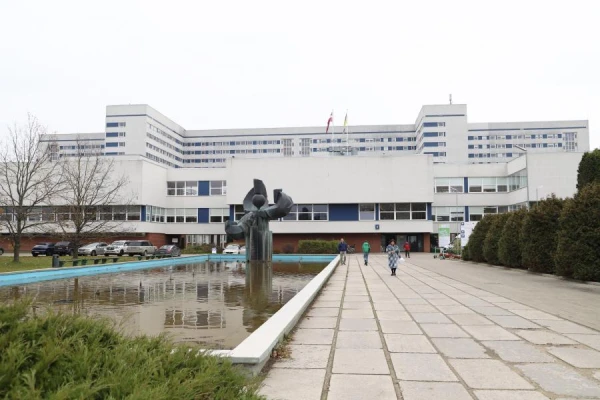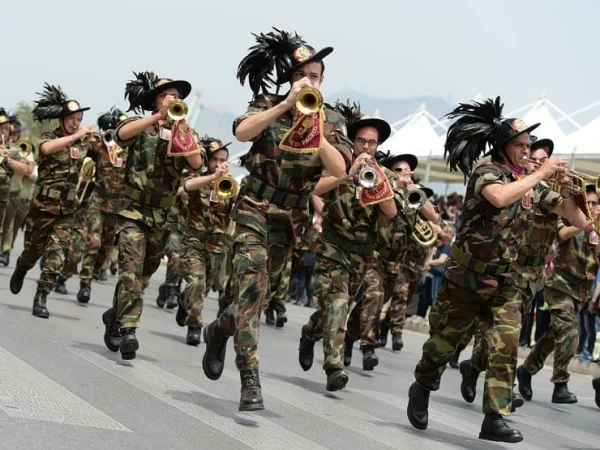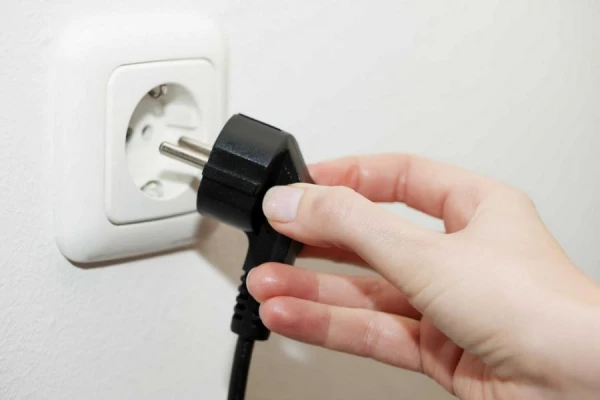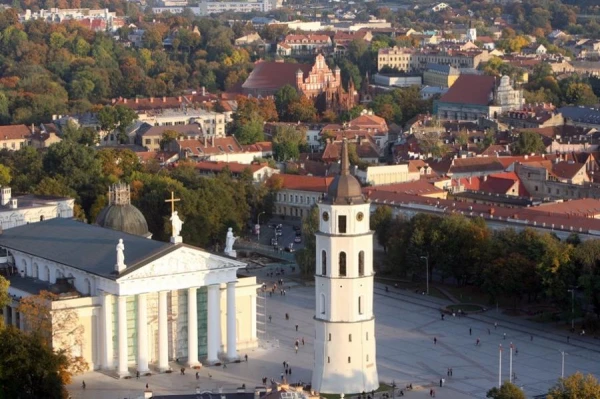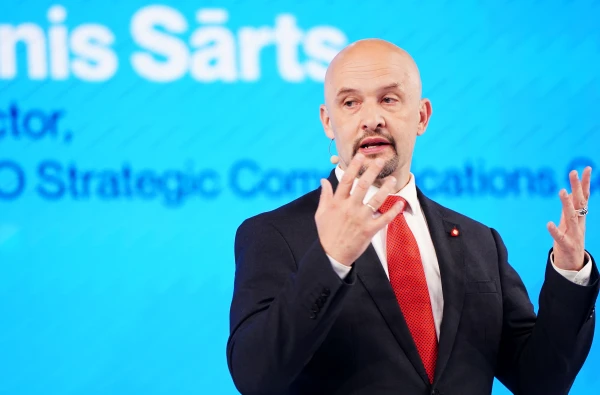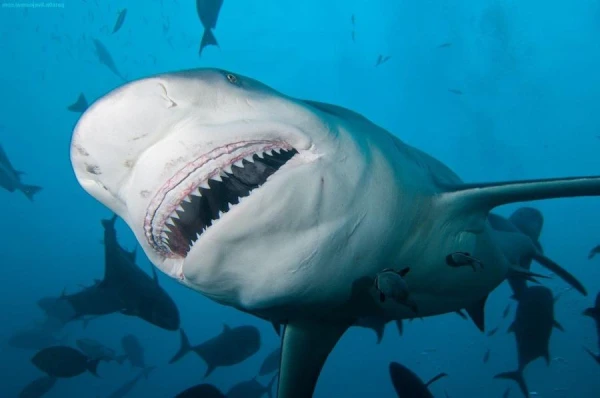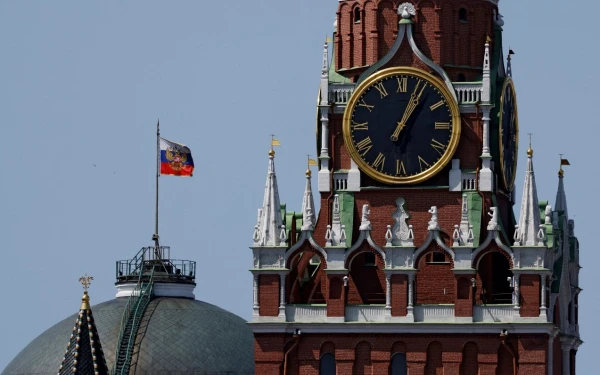
At the moment, Russians do not intend to “put on their boots and go to war” against the Baltic countries or anyone else. This was stated in an interview with the Lithuanian public publication lrt.lt by sociologist Alexei Levinson from the Russian Levada Center.
– What is the data on the Baltic countries?
– The attitude towards them is very negative. If Germany or the United Kingdom are large countries and simply direct enemies, then the attitude towards small countries, insignificant in the eyes of Russians, combines hostility with great contempt and, importantly, with a feeling that they are “traitors” because they were part of the USSR and left.
The concept of a traitor in Russian, especially male culture, is extremely negative. And when Putin uses such words, he relies precisely on this tradition — military, masculine, sometimes criminal. Betrayal is something that is punished by death. Theft, mockery — are bad, but betrayal is the worst. And the attitude towards these countries is a mixture of contempt and a sense of betrayal.
– And how do Russians feel about Finland?
– With Finland, oddly enough, there is a triple intertwining. Finland was also “ours,” it was part of the Russian Empire — this is not forgotten. Then there was the war — the Winter War — which Russians do not really want to talk about because the USSR did not fight successfully there — it did not succeed in taking it over in one strike and could not fully annex it.
In this sense, there is respect for a strong military opponent — this is an important thing within male culture. Furthermore, Finland became an object of pleasant tourism, especially close for the residents of northwestern Russia. There were also details that were seen as a “plus” for the Finns: that they came to St. Petersburg to “drink” and so on — such semi-ironic positive moments.
The fact that Finland joined NATO was perceived as a shock — unlike Sweden. Sweden is one thing, but Finland — “how could this happen?” However, strangely enough, recently the attitude towards Finland has become better again than towards the three Baltic countries.
– Has the attitude towards Ukraine changed recently?
– Here’s what’s interesting: I have data on attitudes towards Poland, Germany, the United Kingdom, and Ukraine. And although Russia is waging a full-scale war with Ukraine, the attitude towards Ukraine is somewhat more positive than towards Poland and the United Kingdom, with which there is no war. Here’s why: Russians believe that the war is with NATO and the West as a whole. Therefore, Ukraine is perceived not as a direct enemy, but as a country that has “unfortunately” fallen into the hands of enemies — an instrument or puppet in the hands of Europe.
Currently, the worst attitude is towards the United Kingdom: 62% have a negative view. That is, about two-thirds. The European Union is also viewed negatively — 58%.
– In your latest survey conducted in October 2025, you specifically asked about peace negotiations — what do people think about them, and 61% have a positive attitude.
– You know, we have been asking the question “continue military actions or start peace negotiations” for at least a year. And before our eyes, the share of supporters of negotiations has grown: it was large, but lower than that of supporters of continuing hostilities, and then it began to exceed them. Now it is actually twice as high: 61% for negotiations, 30% for continuing the war.
And here I want to summarize to ensure the measure of aggressiveness is understood correctly. This is all — within public opinion. This is not aggression itself, but the experience of aggressive feelings. If a person is very angry — it does not mean that they are going to fight. These are different things. So for now, this is emotional aggression.
It can be directed into effective aggression, but at the moment Russians do not intend to “put on their boots and go to war” against the Baltic countries or anyone else. The desire for military actions in Ukraine to end is very strong.


